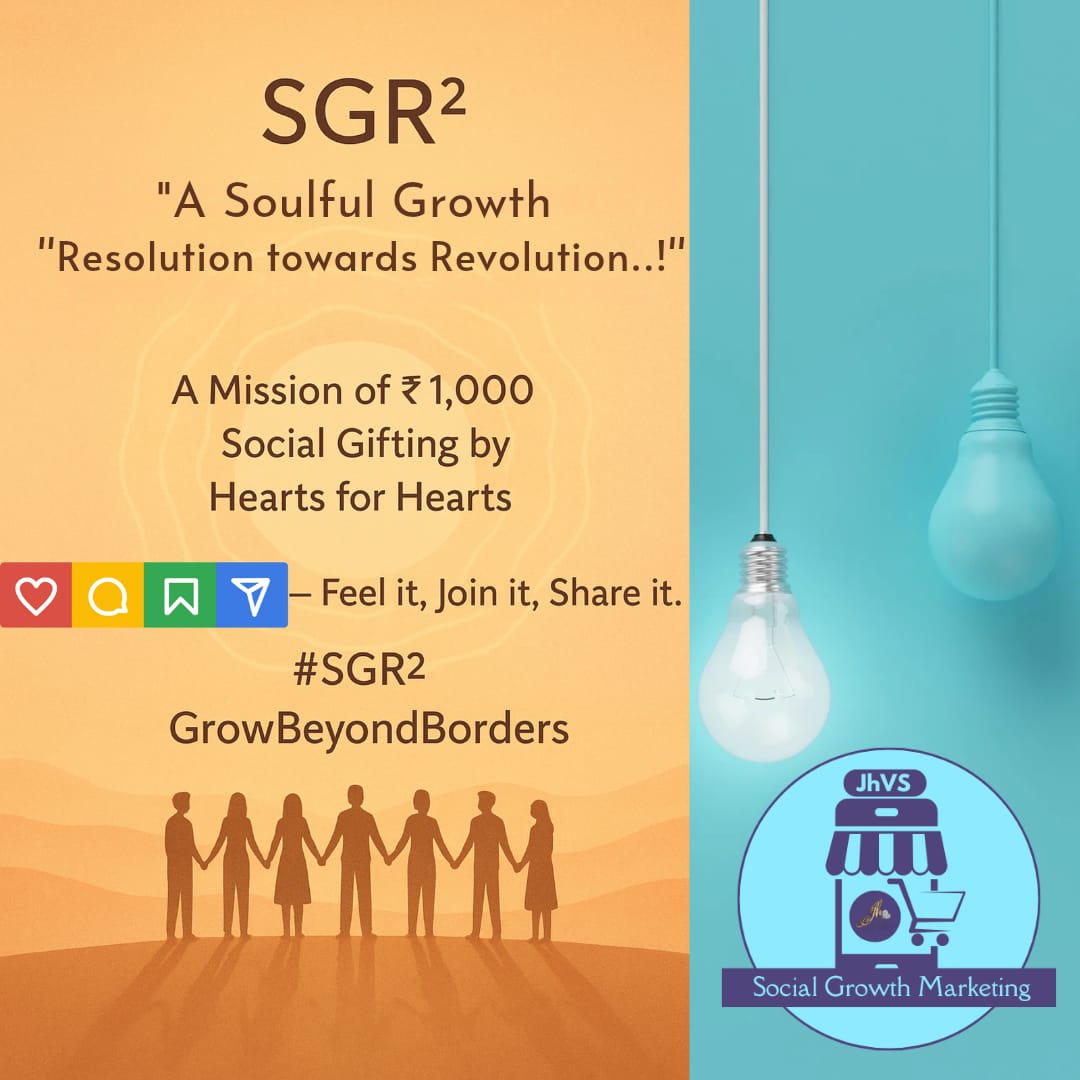Have you ever felt like networking events were designed exclusively for extroverts? 🤔 The bustling crowds, endless small talk, and constant energy can leave introverts feeling drained and out of place. But what if we told you that the common belief about extroverts dominating the networking scene might be completely wrong?
Prepare to have your assumptions challenged! In this eye-opening exploration, we’ll dive deep into the world of networking and uncover the shocking truth about who really holds the upper hand. Whether you’re an introvert who dreads these events or an extrovert who thrives on them, you’re about to discover game-changing insights that will transform your approach to professional connections.
Get ready to learn why personality type isn’t the be-all and end-all of networking success. We’ll debunk myths, reveal secret weapons, and equip you with powerful strategies that work for both introverts and extroverts. By the end of this journey, you’ll have a fresh perspective on networking that will boost your confidence and elevate your career. Let’s pull back the curtain and discover who truly wins at networking!
Understanding Introversion and Extroversion
Defining the personality traits
Introversion and extroversion are fundamental personality traits that influence how individuals interact with the world around them. Introverts tend to gain energy from solitude and internal reflection, while extroverts thrive on social interactions and external stimulation. These traits play a significant role in how people approach networking situations.
Common misconceptions
Many misconceptions surround introversion and extroversion, often leading to stereotypes that can hinder effective networking. Here’s a table highlighting some common myths and the reality:
| Myth | Reality |
|---|---|
| Introverts are shy | Introversion is about energy, not sociability |
| Extroverts are always confident | Extroversion doesn’t guarantee self-assurance |
| Introverts can’t network | Introverts can excel in networking with the right approach |
| Extroverts are better leaders | Leadership skills aren’t tied to extroversion |
The spectrum of introversion and extroversion
It’s essential to understand that introversion and extroversion exist on a spectrum. Most people fall somewhere between the two extremes, exhibiting traits of both personality types. This concept, known as ambiversion, suggests that individuals can adapt their behavior based on the situation.
How these traits affect networking approaches
Personality traits significantly influence networking strategies:
- Introverts often prefer:
- One-on-one conversations
- Smaller, intimate gatherings
- Preparation before events
- Follow-up through written communication
- Extroverts typically favor:
- Large group interactions
- Spontaneous conversations
- Energetic social environments
- Immediate verbal follow-ups
Understanding these differences is crucial for developing effective networking techniques that cater to individual strengths and preferences.
The Extrovert’s Networking Advantage
Extroverts often shine in networking scenarios, leveraging their natural inclinations to connect with others. Let’s explore the key advantages that extroverts bring to the networking table:
A. Natural socializing abilities
Extroverts possess an innate talent for social interaction, effortlessly engaging in conversations and making new connections. Their outgoing nature allows them to navigate networking events with ease, often becoming the life of the party.
B. Comfort in large group settings
Unlike their introverted counterparts, extroverts thrive in crowded environments. They feel energized by the presence of others, making networking events and conferences their playground for building relationships.
C. Energy derived from interactions
One of the most significant advantages extroverts have is their ability to gain energy from social interactions. This allows them to maintain high levels of enthusiasm throughout extended networking sessions.
D. Ability to initiate conversations easily
Extroverts excel at breaking the ice and starting conversations with strangers. This skill is invaluable in networking situations where making the first move is crucial.
E. Quick rapport building skills
The natural charm of extroverts often leads to fast connections. They can quickly find common ground with others, fostering a sense of camaraderie in a short amount of time.
Here’s a comparison of extrovert networking strengths:
| Strength | Benefit in Networking |
|---|---|
| Natural sociability | Easier connection-making |
| Group comfort | Thrives in event settings |
| Energy from interactions | Sustained networking stamina |
| Conversation initiation | Breaks barriers effortlessly |
| Rapid rapport building | Forms quick relationships |
While these advantages give extroverts a head start in networking, it’s important to note that effective networking isn’t solely the domain of extroverts. In the next section, we’ll uncover the hidden strengths that introverts bring to the networking game.
The Introvert’s Secret Weapons
While extroverts may seem to have a natural advantage in networking, introverts possess a set of unique strengths that can make them equally, if not more, effective in building professional relationships. Let’s explore these secret weapons that give introverts an edge in networking scenarios.
A. Active Listening Skills
Introverts excel at active listening, a crucial skill in networking. They:
- Focus intently on the speaker
- Ask thoughtful follow-up questions
- Remember details from conversations
This ability to truly hear and understand others creates deeper connections and leaves a lasting impression.
B. Thoughtful and Meaningful Conversations
Introverts prefer depth over breadth in conversations, which can lead to:
- More memorable interactions
- Stronger professional relationships
- Increased likelihood of follow-ups
| Introvert Approach | Result |
|---|---|
| Quality over quantity | Deeper connections |
| Focused discussions | Memorable interactions |
| Thoughtful responses | Increased trust |
C. Preference for One-on-One Interactions
Introverts thrive in smaller, more intimate settings, which can be advantageous in networking by:
- Allowing for more personal conversations
- Reducing overwhelm in large group settings
- Creating opportunities for genuine connections
D. Preparation and Research Abilities
Introverts often excel at preparation, which can significantly boost their networking success:
- Researching attendees beforehand
- Preparing relevant talking points
- Setting clear networking goals
This thorough preparation enables introverts to approach networking events with confidence and purpose, often leading to more fruitful outcomes than spontaneous interactions.
Debunking the Extrovert Ideal in Networking
The Surprising Truth: It’s Not About Personality Type
Strategies for Effective Networking for Both Types

Strategies for Effective Networking for Both Types
Playing to your strengths
Whether you’re an introvert or an extrovert, leveraging your natural strengths is key to successful networking. Here’s a comparison of strengths for both personality types:
| Introverts | Extroverts |
|---|---|
| Deep listening skills | Energized by social interactions |
| One-on-one connections | Ability to work a room |
| Thoughtful follow-ups | Quick rapport building |
| Preference for meaningful conversations | Comfortable initiating conversations |
Overcoming personal challenges
Both introverts and extroverts face unique challenges in networking:
- Introverts: Practice small talk, set networking goals, and allow time for recharging
- Extroverts: Focus on active listening, avoid dominating conversations, and follow up consistently
Balancing online and offline networking
In today’s digital age, a mix of online and offline networking is crucial:
- Use social media platforms to connect and engage
- Attend industry events and conferences
- Participate in virtual networking sessions
- Join professional associations for in-person meetups
Developing a personalized networking style
Create a networking approach that aligns with your personality:
- Introverts: Focus on quality over quantity, schedule one-on-one meetings
- Extroverts: Organize group events, volunteer as a host or coordinator
Remember, effective networking is about authenticity and building genuine relationships, regardless of your personality type. By understanding and embracing your natural tendencies, you can create a networking strategy that feels comfortable and yields results.

Networking success isn’t determined by whether you’re an introvert or extrovert. While extroverts may seem to have a natural advantage with their outgoing nature, introverts possess unique strengths that can lead to equally effective networking outcomes. The key lies in understanding and leveraging your individual traits, rather than trying to conform to a perceived ideal.
Ultimately, effective networking is about building genuine connections and providing value to others. Both introverts and extroverts can excel by focusing on quality interactions, active listening, and follow-up. Embrace your natural tendencies, develop strategies that work for your personality type, and remember that authentic relationships are the true foundation of successful networking. Whether you’re an introvert or an extrovert, your unique approach can lead to valuable connections and opportunities in your professional journey.



